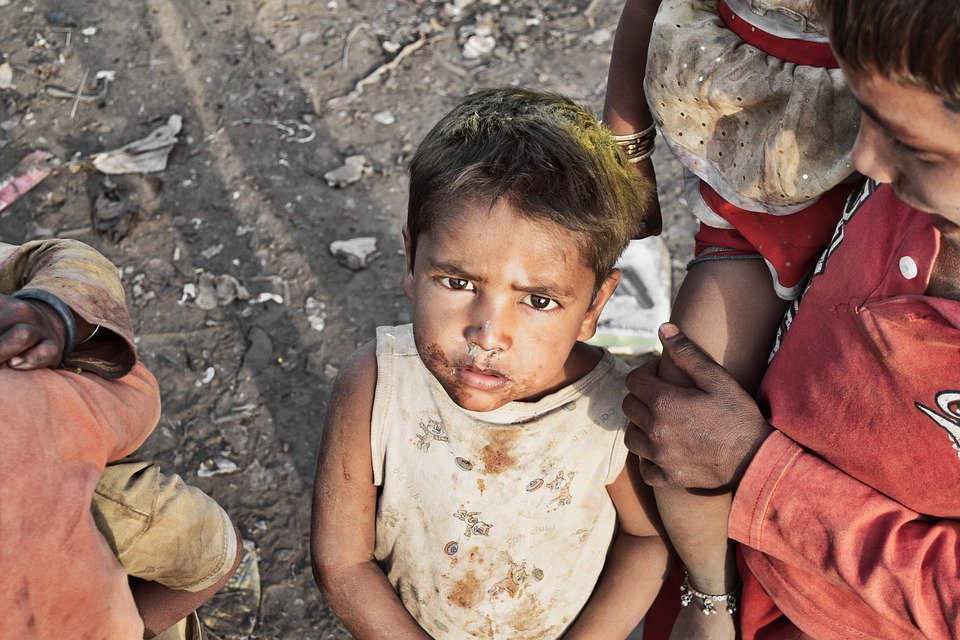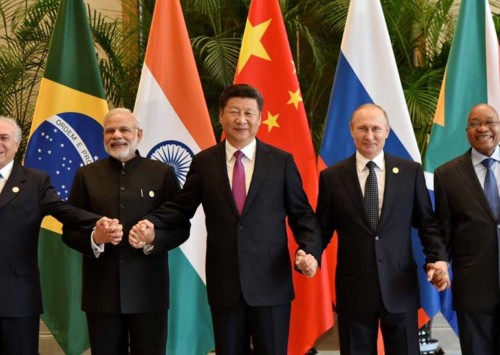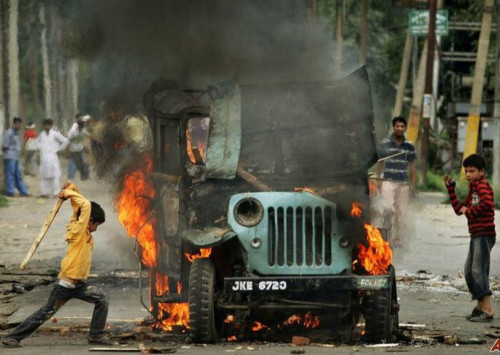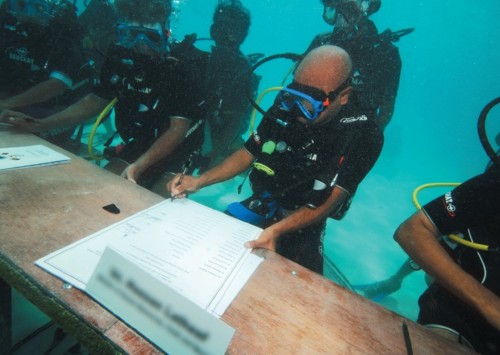India’s fight for peace
As the world observed World Humanitarian Day under the theme ‘Not a Target’ to bring attention to hundreds of civilians affected by armed conflicts, India deals with civil disorder, insurgencies and home-grown terrorism within its borders.
Three alleged terrorists were killed on Friday along the Line of Control (LoC) in Jammu and Kashmir while they were infiltrating in Kupwara district’s Tangdhar sector. Earlier in the week, a Central Reserve Police Force (CRPF) personnel was injured when terrorists attacked security forces in the state.
The situation in J&K has worsened significantly since last year when Al Qaida (a militant Sunni Islamist multi-national organization) declared that it would target Indian security installations and leaders of Hindu organisations. “All personnel of the military are our targets, whether they are in the war zone or in barracks at their bases,” it said. According to data by the Indian Ministry of Home Affairs, 80 security force personnel lost their lives last year in 342 violence incidents in 2017 in the troubled state.
As the world observed Humanitarian Day on Sunday to pay tribute to people who risk their lives in humanitarian service and bring attention to civilians affected by armed conflicts every day, India faces both internal and external security challenges.
In May, the Union Home Ministry had claimed improvement in the security scenario since the Narendra Modi government assumed office four years ago. In the booklet ‘Country First’, the ministry said that special initiatives have been taken to accelerate development in Left-Wing Extremism (LWE)-hit areas, north-eastern region, J&K, along international borders and coastal areas. “The geographical spread of the LWE-hit areas has been reduced from 76 districts in 2013 to 58 in 2018 while there has been 36.6 pc reduction in incidents of violence in these areas and 55.5 pc reduction in deaths,” it says.
However, this year until now, over three dozen people including civilians have been killed and hundreds injured on both sides of Line of Control (LoC) in Kashmir. According to the statistics by the Indian Army, in 2017, there were 860 ceasefire violations (CFVs) along the LoC and another 120 along the International Border (IB) – the highest in more than 15 years. The number of CFVs already crossed 300 across the LoC during the first 50 days of this year, whereas the total number of CFVs in 2015 was 387, and 271 in 2016.
In India, armed attacks by both foreign and home-grown terrorist groups have been disrupting peace and political order for years. The US and the UK revise their national security doctrines every year. If the Indian government has an updated policy on the security threats it faces, it has not yet made it public, making it difficult to gauge its preparedness in face of these threats.
Is India prepared to fight growing threats?
According to estimates, by 2020, 6 pc of the global procurement in homeland security (HLS) will be in India. Technology is playing an increasingly important role in providing a cutting edge to security, including counter-terrorism, border security, immigration, etc.
However, in India currently, there is lack of awareness about cyber security at both individual and institutional levels, and lack of trained and qualified manpower to implement counter measures.
Since India is repeatedly subjected to terror and cyber attacks, harmonising the National Legal Regime with the International Legal Regime, for instance like the U.S.-India Cyber Relationship Framework may help.
Further, there is need for private players to intervene in security services. There are huge financial and infrastructure requirements and potential for corporates to play a role in the internal security sector – develop critical technologies for the country’s unique challenges, supply equipment and ensure timely implementation of security solutions.
According to the Indian Ministry of External Affairs, the country is emerging as a “first responder” to contribute its resources to mitigate regional and international crises. However, along with demonstrating its commitment as an international responsible actor, the country also needs to focus on security issues within its borders.













